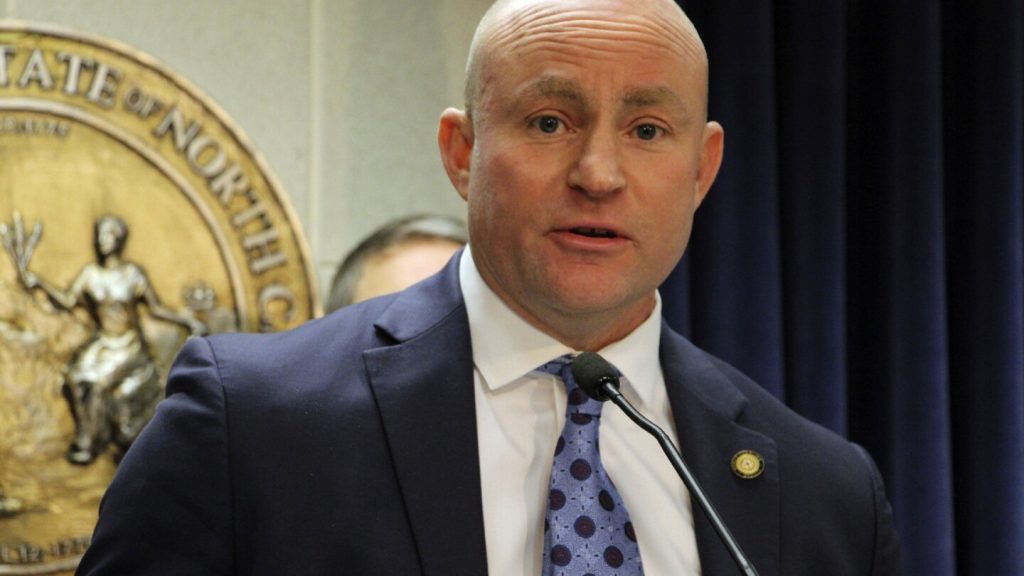A bill debated by a Senate committee in North Carolina on Tuesday proposes significant restrictions on public and media access to autopsy reports related to criminal investigations. The bill would add written autopsy reports from the Office of the Chief Medical Examiner to the list of documents exempt from public records when they are part of an investigative file held by prosecutors. The reports could be accessed after a probe or prosecution is complete. Additionally, the bill would repeal a state law that allowed people to inspect and review autopsy photos, videos, and recordings under supervision.
Senator Danny Britt, a Republican from Robeson County and the bill’s proponent, stated that autopsy records, including written reports, should be kept out of the public domain while a potential homicide crime is being investigated or prosecuted for the sake of justice. Britt argued that releasing autopsy details or granting access to photos and videos could unfairly influence jurors or skew a case. He emphasized the importance of due process in the courts and ensuring that defendants receive a fair trial without external influences.
When questioned by Senator Mujtaba Mohammed about whether the bill would restrict a victim’s family’s access to the reports, Britt explained that they typically would not have access to prevent images and videos from being shared on social media. However, the family could meet with a prosecutor to view the photos. The North Carolina Conference of District Attorneys supports the changes to access autopsy records, stating that information in a prosecutor’s investigative file should remain confidential during a prosecution to ensure a fair trial for the defendant.
In addition to the provisions related to autopsy reports, the bill includes training requirements for county medical examiners and guidelines on how examiners can request and obtain a deceased person’s personal belongings as evidence. Mark Benton, the chief deputy health secretary at the North Carolina Department of Health and Human Services, highlighted the importance of these changes to address the challenges faced by medical examiners. The bill would need to pass through the Senate and House before reaching Governor Roy Cooper’s desk for approval, potentially impacting how autopsy reports are handled in criminal investigations in the state.


